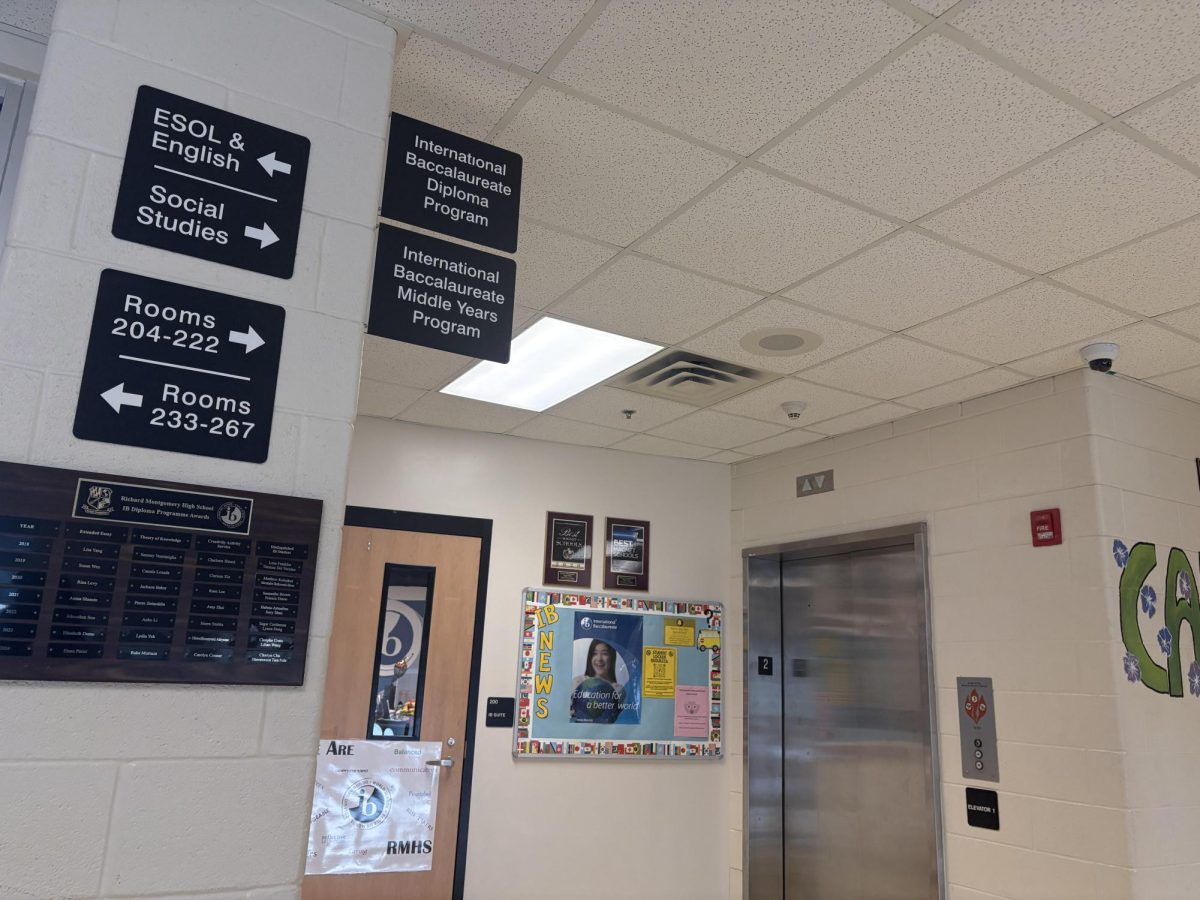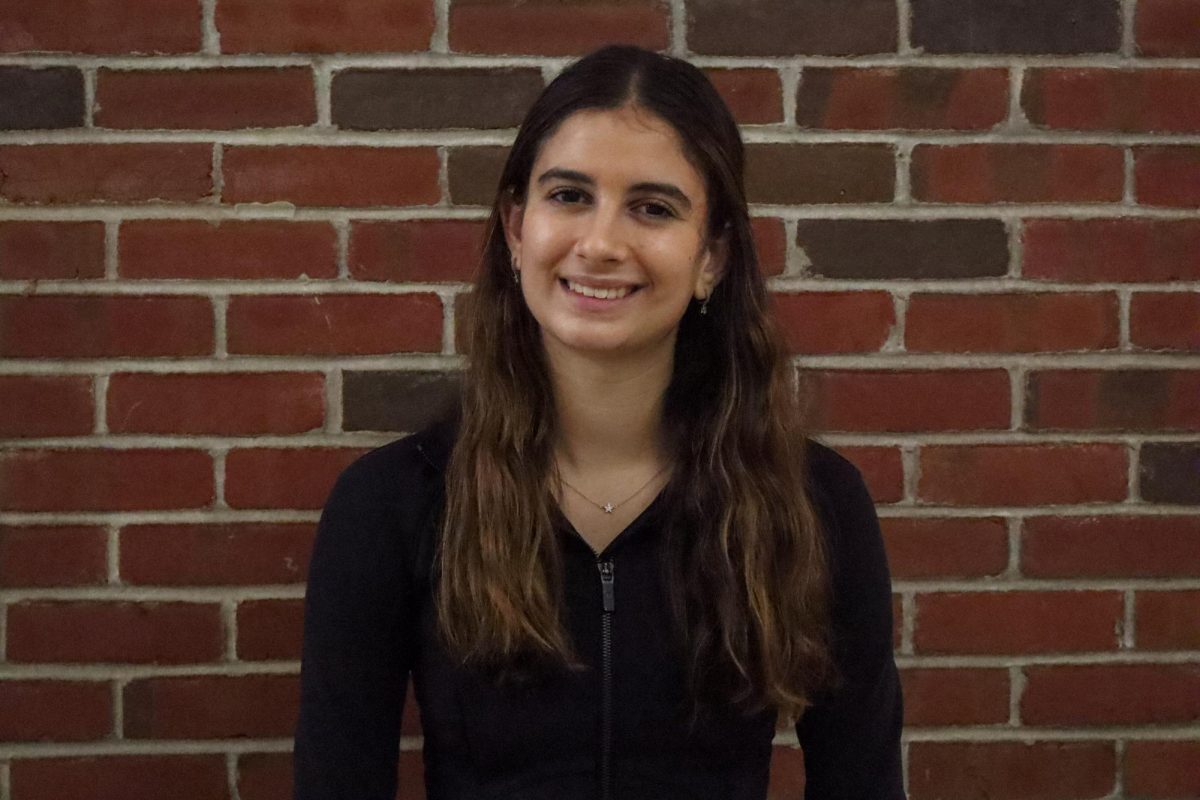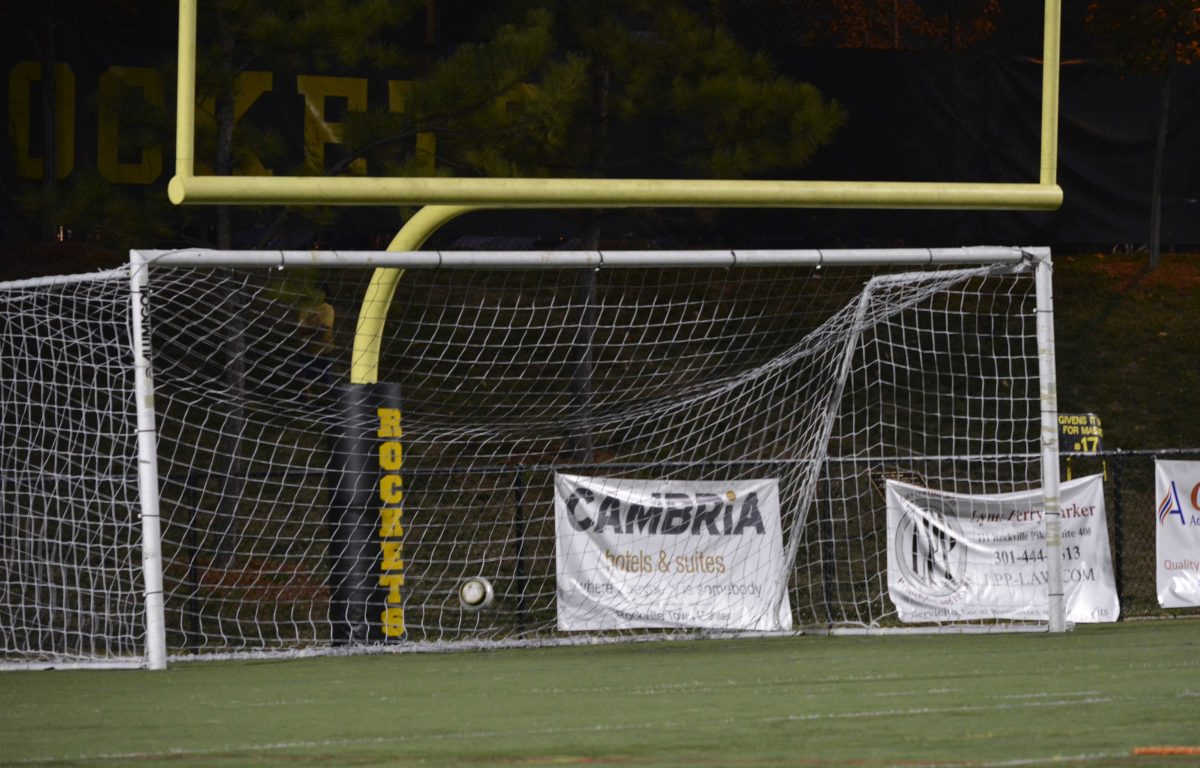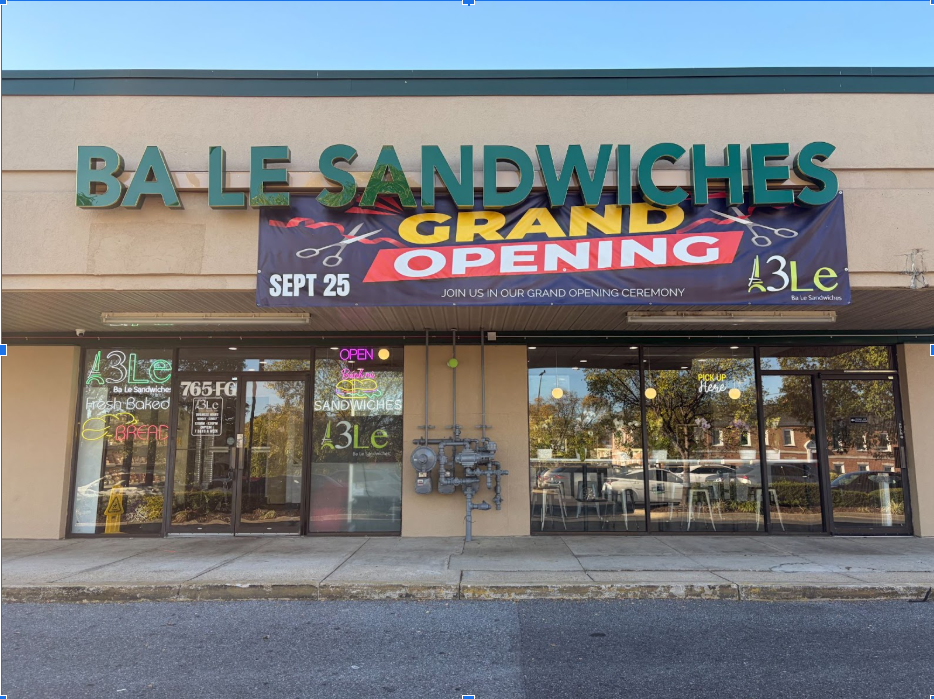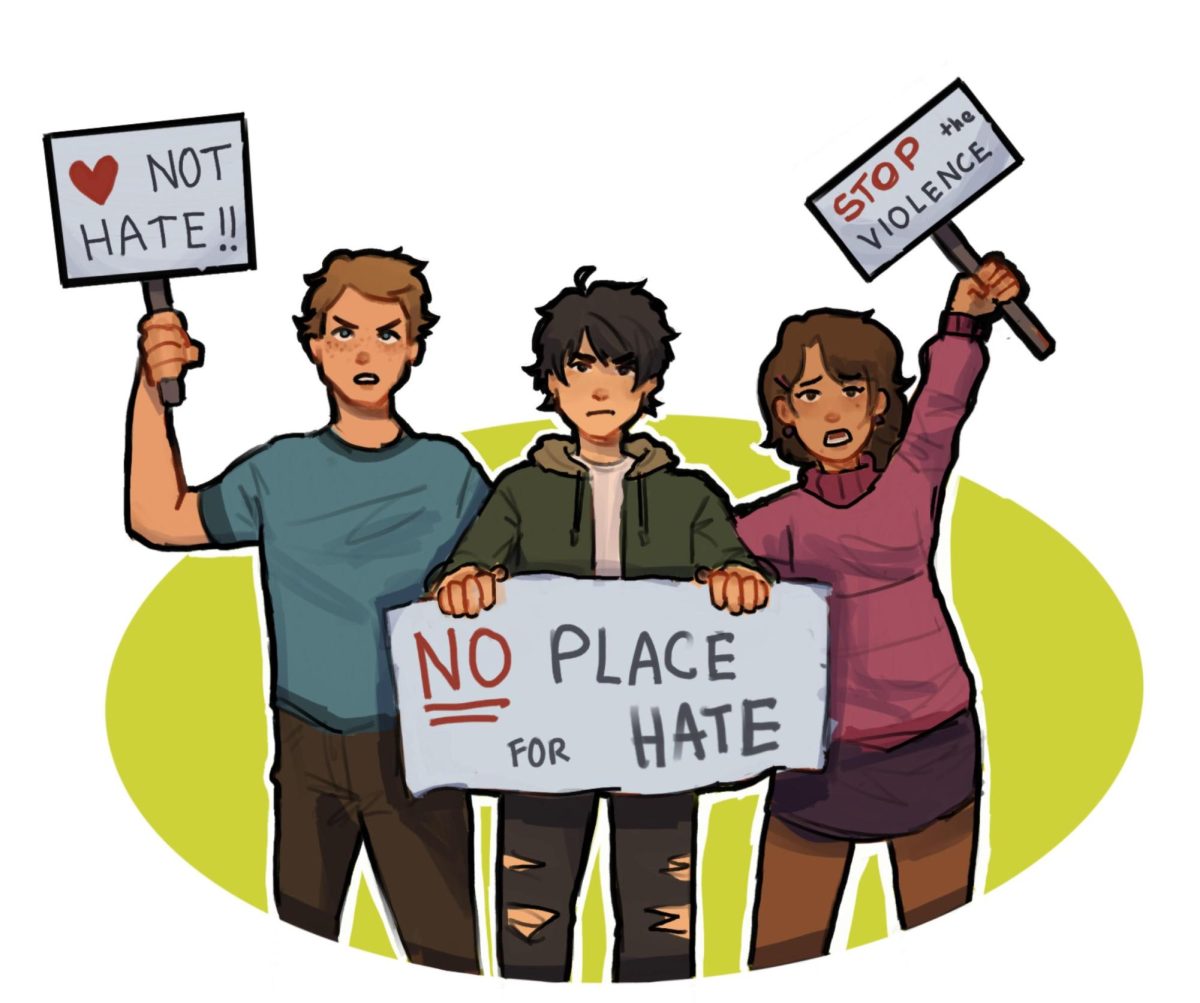Every year, fifth grade students in Montgomery County Public Schools get bug-eyed when they learn about the 75-hour Student Service Learning graduation requirement. The number 75 appears daunting at first, and the stakes are high because a high school diploma is on the line. Sophomore Tesia Shi recalled the moment she found out about SSL, “When I first heard 75, I was like woah, that’s a lot. But then I realized that they give you free hours in middle school, and you only need to volunteer one to two weeks at a camp during the summer to get the rest. It’s reasonable.” The SSL requirement is especially reasonable because both the student and the community gain something from volunteer work.
Senior Autumn Barber said “Many are only volunteering to graduate, not out of the kindness of their hearts.” Although some students may only volunteer to fulfill the SSL requirement, their volunteer work still benefits the community.
Senior Leah Bushey pointed out, “Things wouldn’t be able to run as smoothly without volunteers.” Both Barber and Bushey are managers for RM’s wrestling team, and without them setting up and cleaning the mats every day, the team would not be able to practice as much and as safely.
If required service did not exist to nudge everyone into helping out in the community, we might not have soup kitchens that consistently feed the impoverished, or summer camps that take care of hyperactive children when their families are too busy. Every hour in required service helps build a stronger and more efficient community.
Some students start out dreading community service, and they would not volunteer if service were not required. Mandatory service forces them to try new activities and exercise compassion. “It forces students to step out of their comfort zone and make an attempt to benefit their community in some way that they wouldn’t normally do if they weren’t required to.” said sophomore Grace Anderson.
Students may begin volunteering reluctantly, but as time passes, that reluctance may turn into a lifelong passion. “It’s not a requirement in a lot of other places,” Bushey remarked, “and I don’t think those kids really learn how to help their community.”
SSL can teach students to be more selfless and engaged with the world around them. “It takes up our time with things that can help others versus just ourselves,” Barber emphasized. She also added that “going out of our way to help people is really good for kids our age rather than just being on our phones and doing schoolwork.”
Teaching students to be selfless and engaged is difficult in the classroom, because such traits require real world action. In our generation, we are often too absorbed in technology to take in our actual surroundings, so leaving our house and having face-to-face interactions is more important now than ever.
Once people do venture out of their bubbles, volunteering can be a truly eye-opening experience. Anderson revealed, “I do volunteering at a soup kitchen, and it’s forced me to realize that not everyone is as fortunate as I am. It shows me the importance of doing what I can with my privilege to help others who might not have the same opportunities that I do.”
Required service is both a short-term and long-term investment. The immediate impact of SSL is that communities can reach their full potential. In the long run, volunteering creates compassionate citizens who are willing to contribute to society.





